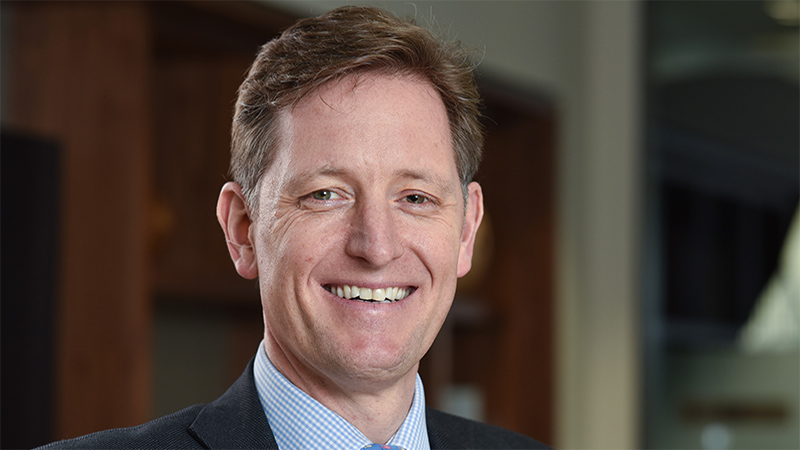Q: What is the biggest change you have seen in the wealth management sector since you joined?
I joined the industry in 1999 after a short career elsewhere. Although we did not know it at the time, it was the end of the tech, media and telecom boom, which meant three hard years would follow.
I started at Kleinwort Benson as a trainee investment manager – and felt very fortunate as Kleinwort had made the decision we could all have personal email addresses and access to the internet. Younger readers might question the significance of this but many firms only offered a single email address and emails were printed out and passed around by hand. We also had the choice between early search engines Yahoo! and Google – and I suppose the rest is history …
In overall terms, the biggest change I have seen is the huge increase in capabilities and professionalism within firms and the industry as a whole. As an example, the quality of the information we produce – for clients but also for internal consumption – is almost unrecognisable.
We also now have highly capable compliance, risk, HR and administration teams whereas, nearly 25 years ago, that was certainly not a focus of many firms. I also believe the individual investment manager is much more capable and professional today, helped by challenging exams and ongoing CPD and monitoring.
Q: What is the investment topic most often brought up by your clients these days?
As I specialise in charity investment management, it will always be the tussle between income generation and capital growth. Many charities are trying to do a lot with too few resources, so they will naturally look to generate as high as possible an income flow from their investment portfolio. Pleasingly, the sector continues to move to total return, and the growth we have seen over the past 20 years has given those charities the ability to operate from a larger capital base.
Q: Which piece of regulation has the biggest impact on your day-to-day role?
I am not sure I can point out a single piece of regulation – I started under IMRO, which then became the FSA and now the FCA – but two phrases that continue to resonate with me and you hear often are ‘Good client outcomes’ and ‘Treating customers fairly’.
While clients have always been important for any wealth management firm, as they ultimately pay our wages, I believe these two ideas help ensure we choose the right course of action should there ever be any grey areas.
Looking ahead, we are spending a huge amount of time on Consumer Duty, ensuring managers are part of the initial scoping of the duty, so that as many as possible are aware of the significance and impact of this new regulatory requirement. It may not have gone live yet but Consumer Duty is already affecting our day-to-day roles.
Q: What single change would you make to the wealth management sector?
While many policies have been implemented with the aim of achieving a better outcome – and we all understand the rationale underpinning this – the requirement to send clients 10% depreciation letters has often caused more confusion or irritation than was probably intended. It is for this reason I was pleased to hear this policy is to be dropped – for the benefit of clients and firms alike.
Q: What advice would you give to someone just starting in the industry?
Work hard, pass your exams first time and use every opportunity to prove to management you are mature and responsible enough to take on more senior roles and ultimately manage money. Attend as many company or fund meetings and read as widely as possible, as you need to build up your bank of knowledge as quickly as you can – and keep on reading widely and meeting investors, regardless of how senior you become.
A client can ask any question – on asset allocation, growth in different regions, even single companies – and while you might not know the exact company or country they are asking about, you should have sufficient knowledge to give a comprehensive answer.
BIOGRAPHY
Mark Powell is head of London, an investment director and head of charities at JM Finn. After graduating, he had a short career as an officer in the Royal Tank Regiment before beginning his portfolio management career with Kleinwort Benson in the late 1990s – leaving to join JM Finn in 2004. Powell is a fellow of the Securities Institute and won the COLWMA ‘Fund Manager of the Year’ award in 2021.
This article first appeared in the April edition of Portfolio Adviser Magazine







